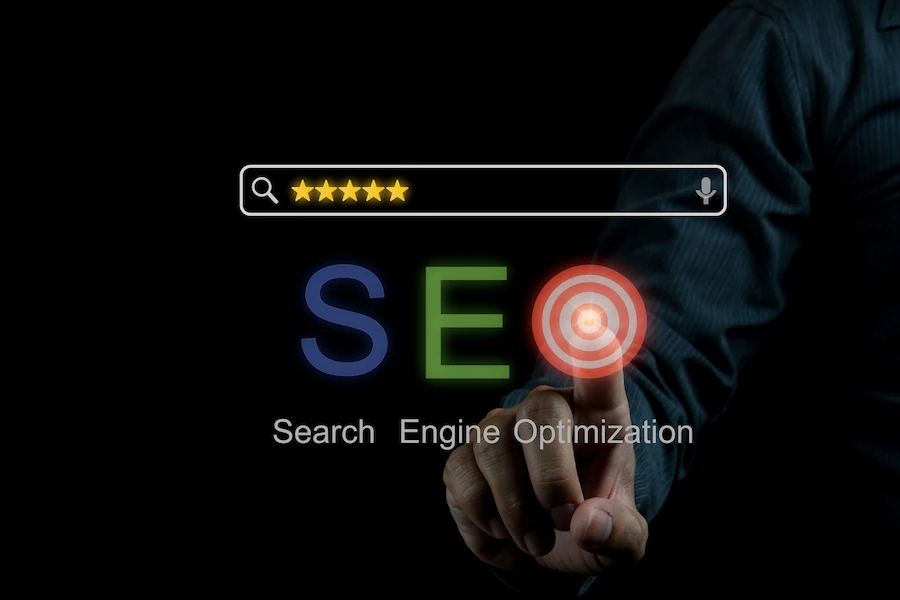While there are many claims that this or that marketing strategy is the best, it is essential to remember that each business has its own set of promotion goals, having a clear understanding of these can help you determine which marketing tactics will work best for your small business.
Using influencers can be an effective way to promote your business. However, it takes time to build your audience and gain their trust.
Custom Marketing Strategies For Small Business
In this section we discuss some of the customer marketing strategies for small businesses. So let’s get started with the discussion here.
Social Media

Social media marketing (SMM) is a powerful tool for generating leads and attracting new customers. It also enhances brand awareness and improves results for other digital marketing strategies.
Social platforms are a great way to humanize your business by providing an approachable personality with which your audience can interact personally. It also provides a platform for sharing visual content, such as photos and illustrations, attracting attention and building engagement.
Personalized content is one of the best ways to reach your target audience. It makes them feel recognized and cared for, strengthening their loyalty to your brand and encouraging them to spread the word about it.
Email Marketing

Email marketing is one of the most powerful tools to help small businesses connect and engage with their audiences. By entering your audience’s inbox with permission, you can direct them to revenue-generating actions.
For instance, by letting website visitors know they’ll receive content that will solve their problems and worries, you might entice them to subscribe to your email list. You can also use demographic segmentation to send emails that resonate with your target market.
It’s important that the branding of your email messages matches that of your physical or virtual business. We recommend using email marketing software or tools with Vistaprint coupon, its intuitive visual builder, and design-forward templates.
Search Engine Optimization (SEO)

Search Engine Optimization is a business’s most crucial marketing plan component. This is because the majority of customers find brands through online searches.
SEO focuses on optimizing website content and improving ranking factors. These factors are determined by how relevant and authoritative a page is, how well it aligns with search queries, and the strength of inbound links.
SEO is essential because it is the only way to ensure people can find your brand online. It also helps to keep up with changing buying behavior.
Reputation Management

Reputation management, originally a public relations term, is all about managing people’s perceptions of a company. This can include everything from handling negative reviews to highlighting positive customer experiences.
Consumers today expect brands to be open and honest about their business practices. This means being transparent when things go wrong and taking the time to respond to customers promptly.
It also means allowing customers to share their experience with your company by requesting a review. This can help build trust with potential new customers.
Mobile Marketing

Mobile marketing is a unique digital marketing strategy that leverages users’ interactions with brands using mobile apps, and SMS & MMS messaging, and mobile-optimized browser sites. It also includes voice-based marketing tactics such as search optimization, smart speaker ad targeting, and quick response (QR) code integrations.
It considers that most people carry their phones everywhere they go, and that location data can be used to provide highly targeted messages based on the weather. In addition, it utilizes other factors such as a customer’s demographics, lifestyle, and interests.
Pay-Per-Click (PPC) Advertising

PPC is the most cost-effective way to generate leads and sales online. However, you must ensure that your ads are relevant and create quality clicks that will result in ROI.
Start with effective keyword research focusing on your target audience and products/services. Use these keywords to create ad groups triggered by searches and determine where and when your ads will appear.
When a search is initiated, an auction occurs, and the ads that are most relevant and trustworthy win and are displayed on a search engine results page (SERP). Depending on the platform you choose, PPC ads can take many forms.
Content Marketing

Content marketing is an effective way to connect with customers and generate leads. It is less expensive than traditional advertising and can build customer loyalty and brand awareness.
Content can be in any form, from blogs to videos to infographics. Having a clear goal for your content and consistently producing high-quality material is essential.
It is also beneficial to create content that can be repurposed. For example, a top-performing blog post could be used as the basis for an interview on a podcast, or a survey could be turned into an infographic.
Conclusion
The seven essential marketing strategies that we discussed above are highly effective. Moreover, we have selected those that meet the requirements of small and medium businesses.
Therefore you need to understand the requirements and select the ones according to your convenience.
You May Read Also:
- HOW TO CHOOSE A DIGITAL MARKETING AGENCY FOR YOUR BUSINESS
- 12 DIGITAL MARKETING TOOLS YOU NEED WHEN STARTING A BUSINESS
- WHY YOUR WEBSITE CONVERSION RATE MATTERS
The post 7 Essential Custom Marketing Strategies For Small Businesses appeared first on Social Media Magazine.

